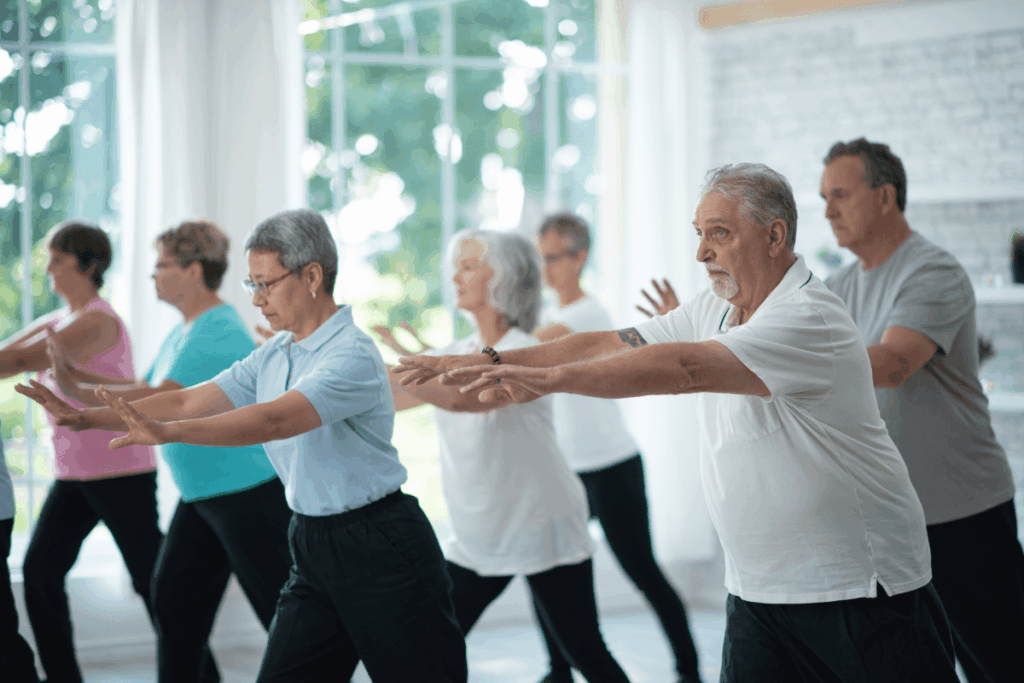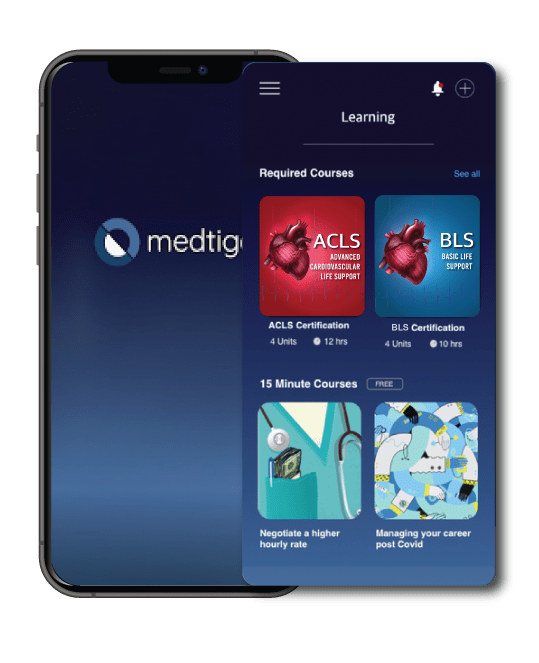
Chronic insomnia is common in middle-aged and older adults. It is associated with long-term health risks, reduced quality of life, and substantial healthcare and societal costs. Cognitive behavioural therapy for insomnia (CBT-I) is the first-line treatment. However, its availability is limited by high costs and insufficient availability of trained providers. Tai chi is a low-cost and widely practiced mind-body exercise that has shown potential benefits for insomnia, but few studies have directly compared it with CBT-I specifically regarding long-term outcomes.
The aim of this study was to assess whether a 3-month tai chi intervention is non-inferior to 3 months of CBT-I in improving insomnia severity among adults aged≥50 years with chronic insomnia, both immediately post-intervention (month 3) and at 12-month follow-up (month 15). The trial was a randomised, assessor-blinded, and non-inferiority design, which was conducted at a single research site in Hong Kong.
Two hundred ethnic Chinese adults aged ≥50 years meeting the diagnostic and statistical manual of mental disorders, fifth edition (DSM-5) diagnostic criteria for chronic insomnia were recruited and randomly assigned 1:1 to tai chi (n=100) or CBT-I (n=100). Participants attended a total of 24 sessions, each with a 1-hour duration and twice weekly for 3 months, with intervention delivery by certified tai chi instructors or CBT-I therapists. Results were measured at baseline, 3 months, and 15 months. The primary endpoint was insomnia severity measured by the insomnia severity index (ISI) with a non-inferiority margin set at 4 points. Secondary outcomes included remission rate, treatment response rate, subjective sleep quality, actigraphy, sleep diary parameter, mental health, physical activity, physical performance, and energy intake.
Pre-protocol analysis was used for the primary non-inferiority testing, with sensitivity analyses and intention-to-treat analyses to confirm robustness. Of the 200 participants, 166 (83%) completed the 3-month assessment, and 167 (83.5%) completed the 15-month assessment. Baseline characteristics were similar between groups, and adherence was high and comparable (tai chi: 78.2%, CBT-I: 80.7%). At 3 months, CBT-I produced greater improvements in insomnia severity than tai chi, with ISI scores decreasing by 11.9 points (95% confidence interval [CI]: 10.06 to 12.32) in the CBT-I group vs 6.67 (5.61 to 7.73) in the tai chi group. The between-group difference of 4.52 (upper CI 5.81) exceeded the non-inferiority margin, which indicates tai chi was inferior at this time point.
Consistent results were observed in intention-to-treat analyses using many imputations (CBT-I −10.73, tai chi −6.88, between-group difference 3.85). Tai chi’s effects continued to strengthen, yielding an ISI reduction of 9.52 (8.47 to 10.54) versus 10.18 (8.97 to 11.40) for CBT-I at 15 months. The between-group difference of 0.68 (upper CI 2.00) fell within the non-inferiority margin. Intention-to-treat analyses showed similar results (difference 0.71). Secondary endpoints supported these results: treatment and remission response rate were significantly higher in the CBT-I group at month 3 (remission 83.3% vs 56.1%, response 77.4% vs 43.9%, both P<0.001). No significant differences were observed at month 15 (remission 63.4% vs 76.5%, P=0.067, response 73.2% vs 62.4%, P=0.137).
Generalised estimating equation analyses showed no significant group-by-time interactions for subjective sleep, physical activity, mental health, or quality of life. No adverse effects occurred, and subgroup analyses indicated no differential effects by sex, age, or body mass index (BMI) categories. Sensitivity analyses confirmed the robustness of the primary results.
In conclusion, CBT-I was more effective immediately after treatment, whereas tai chi produced substantial improvements that continued to grow after the intervention and became non-inferior to CBT-I at the 12-month follow-up.
Reference: Siu PM, Yu DJ, Yu AP, et al. Tai chi or cognitive behavioural therapy for treating insomnia in middle-aged and older adults: randomized non-inferiority trial. BMJ. 2025;391:e084320. doi:10.1136/bmj-2025-084320














